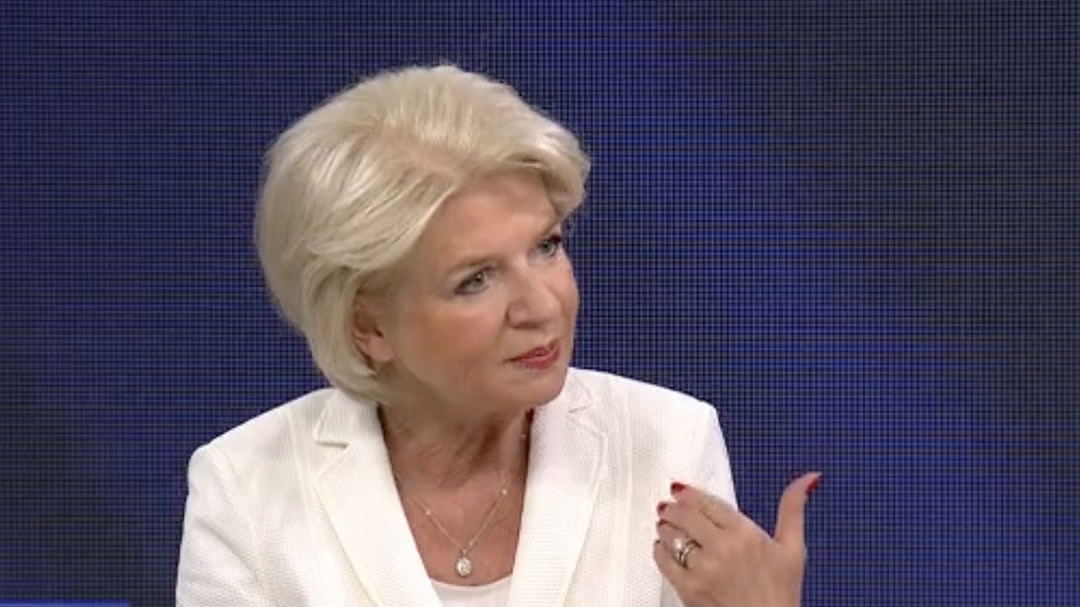
Business
13:22, 11-May-2017
Western experts: Belt & Road ‘a whole different game,’ US and Japan ‘part of old order’

By CGTN's Wang Dong
With the Belt and Road Initiative exerting its influence, the ways in which the plan is changing both China and the world are coming under examination from more and more people. To examine the current conditions and future implications of the trade-driving international scheme, Dialogue with Yang Rui got the views of three Western experts.
John and Doris Naisbitt are the best-selling authors of global economics bestsellers including “China’s Megatrends,” and Laurence Brahm is an author and activist focused on sustainable development.

John Naisbitt criticized the US and Japan for not joining the AIIB, the multilateral financial institution supporting the Belt and Road, which he said was playing a major role in changing the global landscape.
"The United States and Japan have been part of the old order. The United States refuses to believe that their 250 years of dominance economically around the globe is over. It is over," he said.

Comparing the Belt and Road Initiative to international forebears like the 1955 Bandung Conference between Asian and African states, Brahm said the new initiative brings unprecedented South-South cooperation.
"Now this is not about revolution, this is about infrastructure, connectivity, finance, cultural exchanges. It’s a whole different game," according to Brahm.

Doris Naisbitt thinks the Belt and Road Initiative will not only benefit big enterprises, but will help small businesses and improve the lives of ordinary people. She took the Chinese communication device manufacturer Huawei as an example.
She said, "If you look at Huawei, when it brings cheap cellphones to Africa, it opens education, it opens opportunity, also for the millions and millions of small businesses. And that makes a huge difference."

SITEMAP
Copyright © 2018 CGTN. Beijing ICP prepared NO.16065310-3
Copyright © 2018 CGTN. Beijing ICP prepared NO.16065310-3